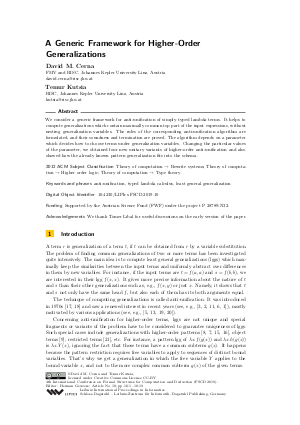LIPIcs.FSCD.2019.10.pdf
- Filesize: 0.53 MB
- 19 pages

 Creative Commons Attribution 3.0 Unported license
Creative Commons Attribution 3.0 Unported license







Feedback for Dagstuhl Publishing